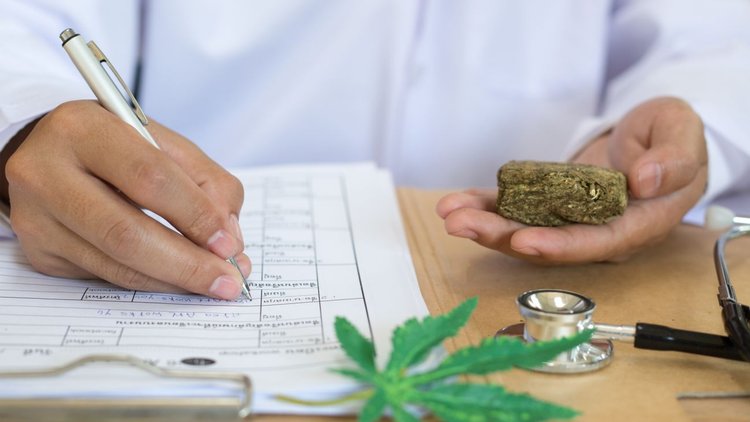People don’t immediately associate the marijuana industry with science but if you are a scientist, or plan to become one, it’s an association you will want to give some consideration.
Typical jobs in the cannabis industry include budtender, cannabis trimming, packaging, grower and positions in transportation security, most of which require little training and pay $8 to $14 an hour. However, scientists now are in demand in marijuana. And the pay reaches some impressive amounts.
Master Extractors
One of the biggest jobs in the industry is that of master extractor. Scientists in this role handle the task of removing the active chemical ingredient in marijuana, most often THC (the chemical ingredient that produces the “high” feeling) and CBD (cannabidiol, an ingredient associated with health benefits that does not produce a high).
In turn, these ingredients are used to create a variety of products. They include different strains of marijuana that produce a variety of effects. They also include hemp products, oils, lotions and edibles.
Supply drives the high salaries. There are a limited number of people who hold a PhD in biochemistry who want to get into the marijuana industry. Jacob Silverstein, a cannabis industry consultant, told CNN, “This is a rat race for talent.”
Growing Opportunities
Medical marijuana is now legal in 29 states. Another seven states are either already allowing recreational marijuana sales or will in 2018. In Canada, regulations allowing adult-use marijuana sales nationwide are expected to be in place by July 2018.
In short, the market for marijuana is growing like a weed and so are science-based jobs. In addition to master extractors, scientists also are needed in a number of other areas. For example:
Medical genomics
Scientists use DNA technology to study cannabis genetics and consult with marijuana growers and dispensaries on creating different and better strains of marijuana and cannabis-based products.
Pharmaceuticals
As studies on the potential medical benefits of marijuana continue, biochemists work on creating new medicines, including synthetically formulated CBD products.
Agricultural services
While technically almost all of these jobs loosely fall under “agricultural services,” some scientists focus their research specifically on growing the marijuana plant. They search for ways to both improve the process and provide a larger variety of strains. Specific jobs can include tissue culture manager and manufacturing technician.
That’s just a handful of the potential jobs. It has reached the point where Northern Michigan University now offers a degree program in Medical Plant Chemistry. As the cannabis industry continues to expand, these type of degree programs – and related jobs – should also continue to grow.
credit:entrepreneur.com





